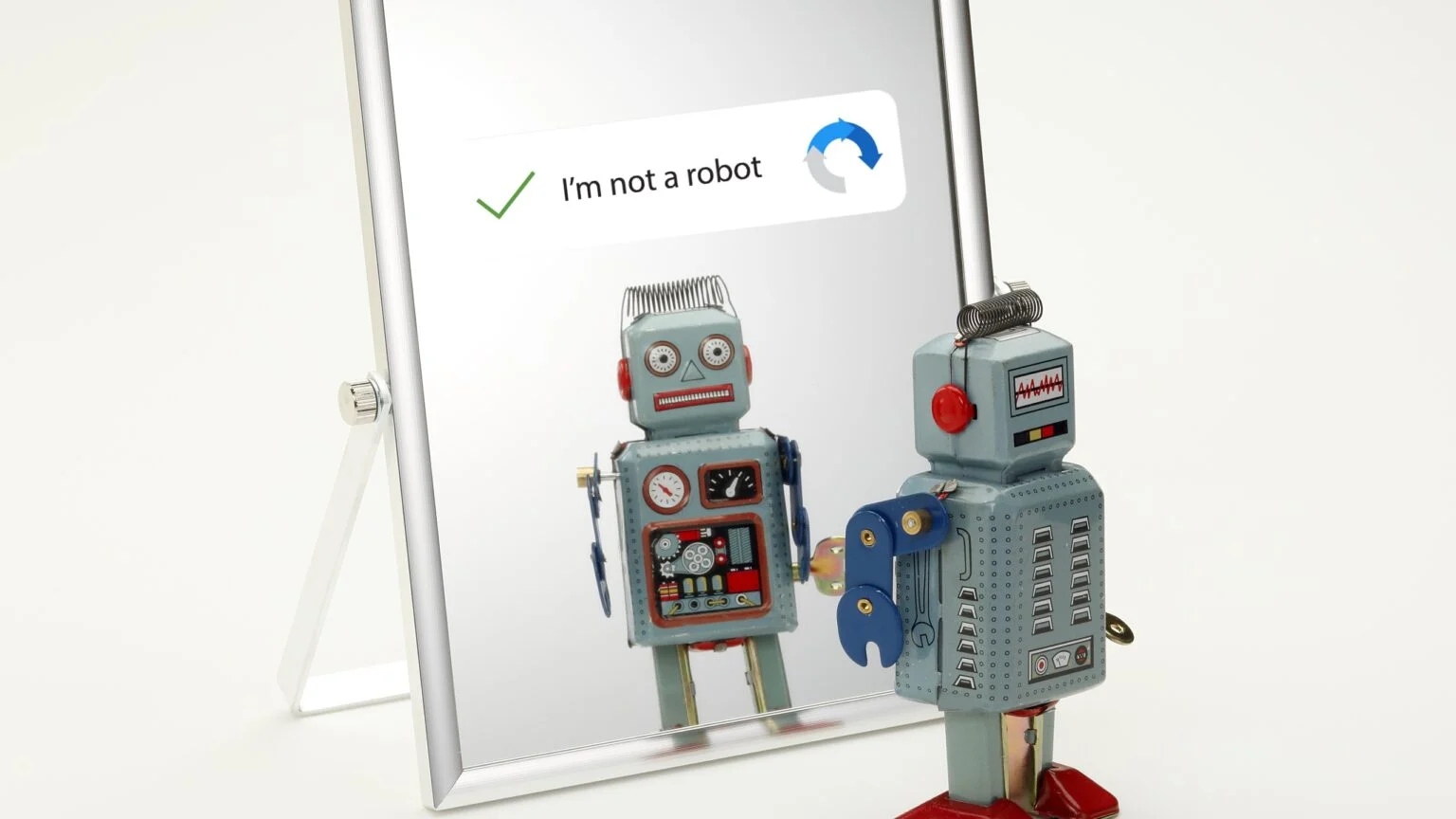Comments
- No comments found

Captcha puzzles have undergone significant transformations to combat the growing threat of sophisticated bots.
Originally designed as a simple method to distinguish between humans and automated scripts, Captcha has evolved into a formidable barrier that tests users' intelligence and problem-solving skills. However, as bots continue to outsmart traditional security measures, the once straightforward Captcha prompts have become increasingly complex and challenging, leading to frustration among users worldwide.
The traditional "I am not a robot" prompt, which initially required users to copy text or identify objects in images, has undergone notable changes in recent years. New iterations now present users with tasks that demand critical thinking and cognitive abilities, such as selecting objects of the same shape or identifying non-aquatic animals. These advanced prompts reflect the escalating arms race between security measures and malicious bots, as developers strive to stay one step ahead of sophisticated automated systems.
Artificial intelligence (AI) and machine learning have played a pivotal role in shaping the evolution of Captcha. Bots equipped with AI capabilities can easily decipher distorted text and solve rudimentary puzzles with near-perfect accuracy, posing a significant challenge to traditional Captcha mechanisms. Consequently, developers have been compelled to devise more intricate and nuanced puzzles that require genuine human intelligence to solve effectively.
One of the primary drivers behind the evolution of Captcha is the relentless ingenuity of bots, which are constantly evolving to bypass security measures and exploit vulnerabilities. Bots are often deployed to scrape content from websites, post fake comments or reviews, and engage in other malicious activities. To counter these threats, Captcha puzzles have become progressively more complex, necessitating users to demonstrate their cognitive abilities through tasks like solving math equations or identifying obscure objects in images.
Despite the noble intentions behind Captcha's evolution, the escalating difficulty and time-consuming nature of these puzzles have become a source of frustration for many users. Tasks that were once straightforward, such as logging into a social media account or accessing online services, have now become cumbersome and arduous due to the increasingly challenging Captcha prompts. Users are often left questioning their sanity as they struggle to navigate through these digital hurdles.
The story of Captcha's evolution serves as a testament to the ongoing battle between security measures and malicious actors in the digital realm. As bots become more sophisticated and adept at circumventing traditional safeguards, developers must continuously innovate and adapt to stay ahead of the curve. While Captcha puzzles may continue to pose challenges for users, they remain an essential tool in safeguarding websites and online platforms from nefarious bots and cyber threats.
Captcha's evolution underscores the dynamic nature of cybersecurity and the relentless pursuit of innovation in the face of evolving threats. As technology advances and adversaries become more formidable, the need for robust security measures and intelligent solutions will only grow stronger.
Leave your comments
Post comment as a guest